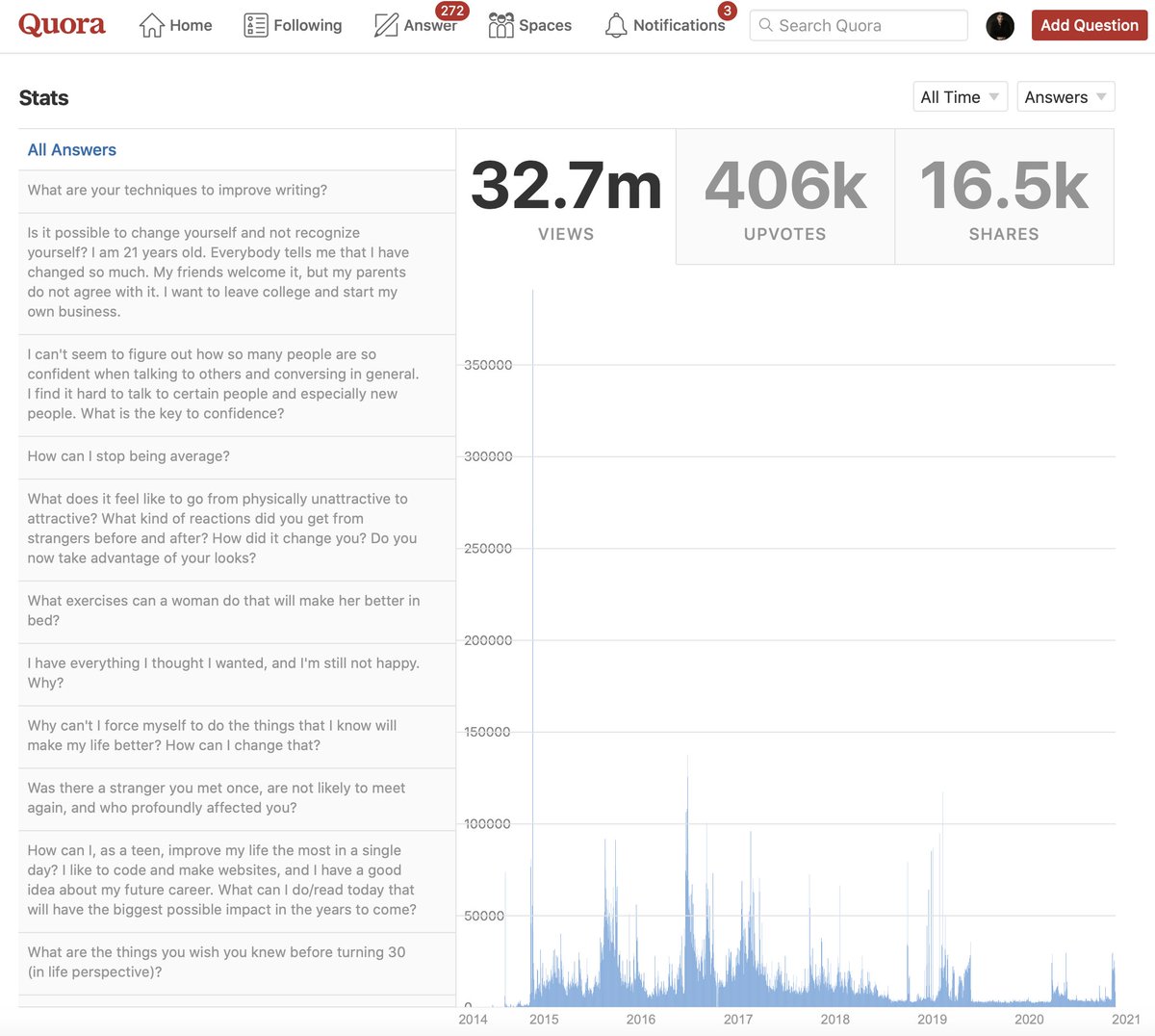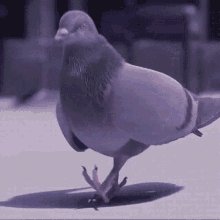Volume wins.
There isn't a writing platform on the internet where this ISN'T the case. Social platforms. Major publications. Every growth period of my writing career happened during months/years of consistent volume.
Period.

In 2021, I published 4 books.
— Nicolas Cole \U0001f6a2 (@Nicolascole77) January 3, 2022
In 2022, I plan on publishing 8.
Here's the 5-step framework I use to write 60,000+ words in 30 hours or less (2,000 words per hour) \U0001f447
Over the past 10 years, I have read over 500 business books.
— Nicolas Cole \U0001f6a2 (@Nicolascole77) January 4, 2022
99% were 1 idea stretched across 300 pages.
They should have been blog posts.
Save yourself the time and just read these 10 \U0001f447
Today, Microsoft announced its acquisition of Activision Blizzard.
— Nicolas Cole \U0001f6a2 (@Nicolascole77) January 18, 2022
$68.7 billion. All cash.
But Activision has had a rough couple years.
\u2022 World of Warcraft dying
\u2022 Overwatch delayed
\u2022 Sexual harassment charges
Microsoft needs to fix these 3 things to be successful:
\U0001f9f5\U0001f447
I started writing online when I was 17 years old.
— Nicolas Cole \U0001f6a2 (@Nicolascole77) November 10, 2021
Since then, I've...
\u2022 Written 3,000+ articles online
\u2022 Ghostwritten 1,500+ articles online
\u2022 Published 5 books & 30 "mini-books"
\u2022 Built two 7-figure writing businesses
If I had to start from $0 again, here's what I'd do:
Writing tip: let\u2019s talk about the INACTIVE PROTAGONIST. I\u2019ve seen a lot of amazing books lately with incredible plots, intricate worlds, and just really great writing with one recurring issue, which is the inactive protagonist. I think it can get tough when you\u2019re writing (1/10)
— Briston Brooks (@briston_brooks) January 26, 2021


The story doesn\u2019t say you were told not to... it says you did so without approval and they tried to obfuscate what you found. Is that true?
— Sarah Frier (@sarahfrier) November 15, 2018